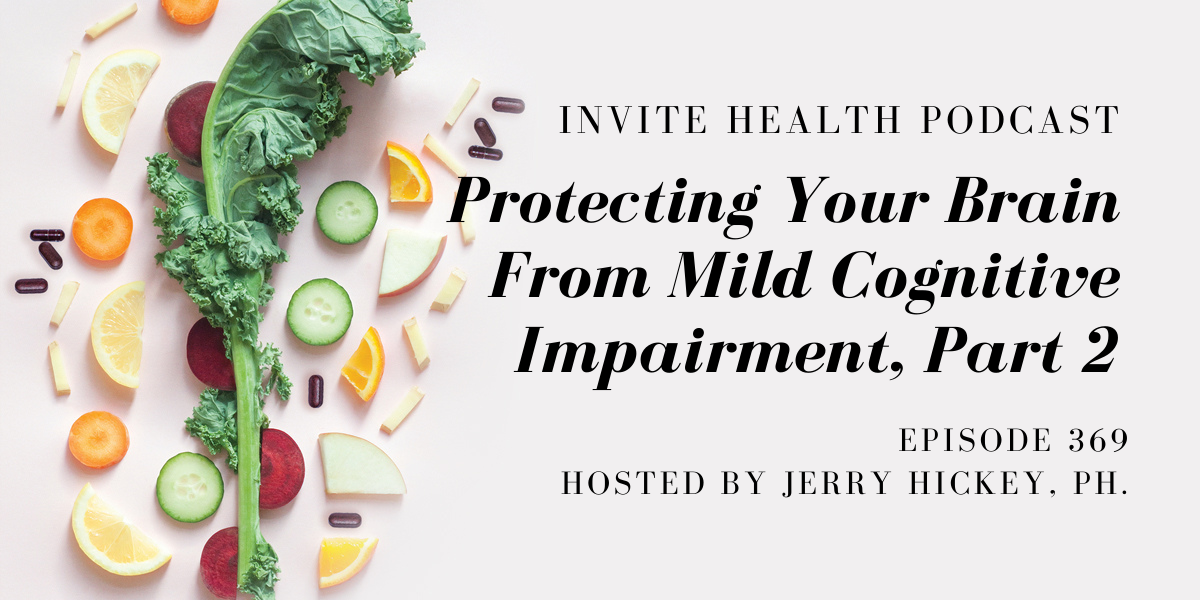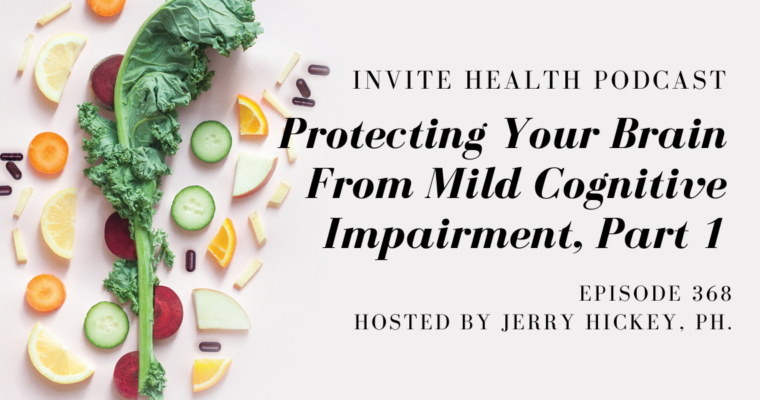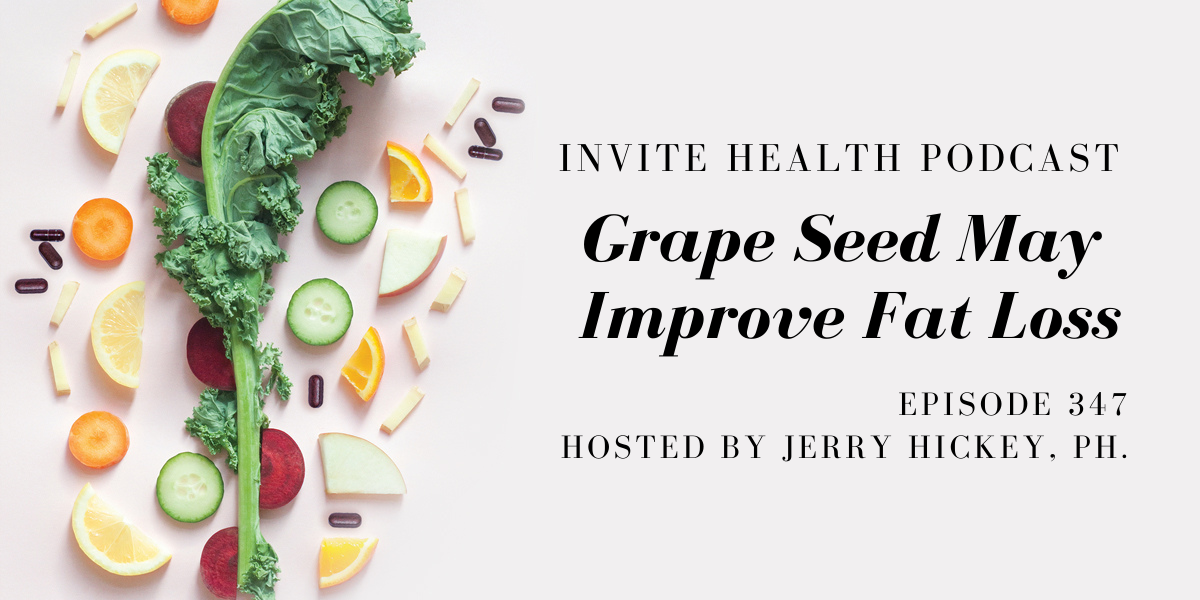fat loss
Invite Health Podcast, Episode hosted by Jerry Hickey, Ph.
Subscribe Today!
A recent article in the journal Obesity Facts discusses evidence that grape seed proanthocyanidins may have an anti-obesity effect by helping with fat loss. There has long been evidence that taking grape seed before a meal can reduce the absorption of sugar from your food, which can be helpful for diabetics and prediabetics. It would make sense that a healthy blood sugar would relate to fat loss and weight management.†
Grape seed, GLP-1 and fat loss
A study conducted in Spain looked at rats. Researchers began feeding cafeteria food to these rats, causing their blood sugar, cholesterol and triglycerides to increase, as well as their weight. They became addicted to the sugar found in the cafeteria food. If the researchers gave the rats high-dose grape seed extract, it affected their food intake. This occurred because the rats began to release something called glucagon-like peptide-1 (GLP-1).†
FORGO FAST FOOD FOR YOUR OVERALL HEALTH – INVITE HEALTH PODCAST, EPISODE 278. Listen Now>>
GLP-1 is a hormone made out of amino acids. When you eat food, you release GLP-1, which lowers your blood sugar and helps contain your appetite. This, in turn, can lead to fat loss and overall weight loss. GLP-1 does not function properly in diabetics, so this is something many researchers are trying to target with medications. Grape seed extract helps with GLP-1 activity and helps contain your appetite.†

How does grape seed interact with sugar?
When you eat a carbohydrate, like beans, rice, pasta or cake, the sugars are released, but they’re not magically absorbed. They don’t just passively diffuse across the lining of the intestines or enter into your bloodstream through the liver. They have to be nipped and tucked. There are enzymes in your saliva and small intestines that do this. These enzymes are broken up into two families called alpha-glucosidase and alpha-amylase.†
Grape seed works to help block the absorption of sugar by attaching to these enzymes. Even though you can taste your food, you’re not absorbing the sugar from the food. This has been shown to help people who have prediabetes or diabetes. If they’re absorbing less sugar, it’s easier for them to control their blood sugar. This also assists with fat loss and maintaining a healthy weight. Green tea is also good for this, so if you add the two nutrients together, you can really block the absorption of a lot of sugar.†
GRAPE SEED EXTRACT FOR PEOPLE WITH DIABETES, PART 1 – INVITE HEALTH PODCAST, EPISODE 74. Listen Now>>
In this episode, Jerry Hickey, Ph. discusses whether there is a possibility that grape seed can help people lose some excess fat if you use it appropriately. He shares studies indicating that grape seed may help with fat loss, as well as blocking the absorption of sugars from food.†
Key Topics:
- Studies looking at grape seed and obesity
- What is visceral adipose tissue?
- The addictive nature of sugar
- Grape seed for fat loss and sugar absorption
Thank you for tuning in to the Invite Health Podcast. You can find all of our episodes for free wherever you listen to podcasts or by visiting www.invitehealth.com/podcast. Make sure you subscribe and leave us a review! Follow us on Facebook, Twitter and Instagram at Invite Health today. We’ll see you next time on another episode of the Invite Health Podcast.










